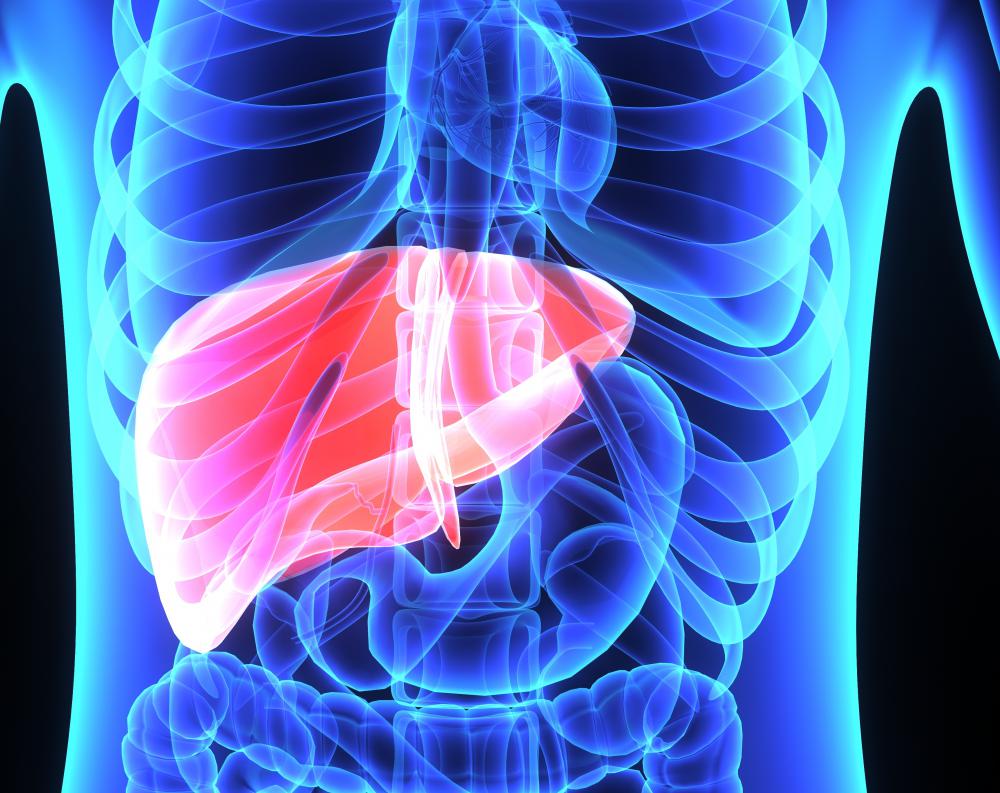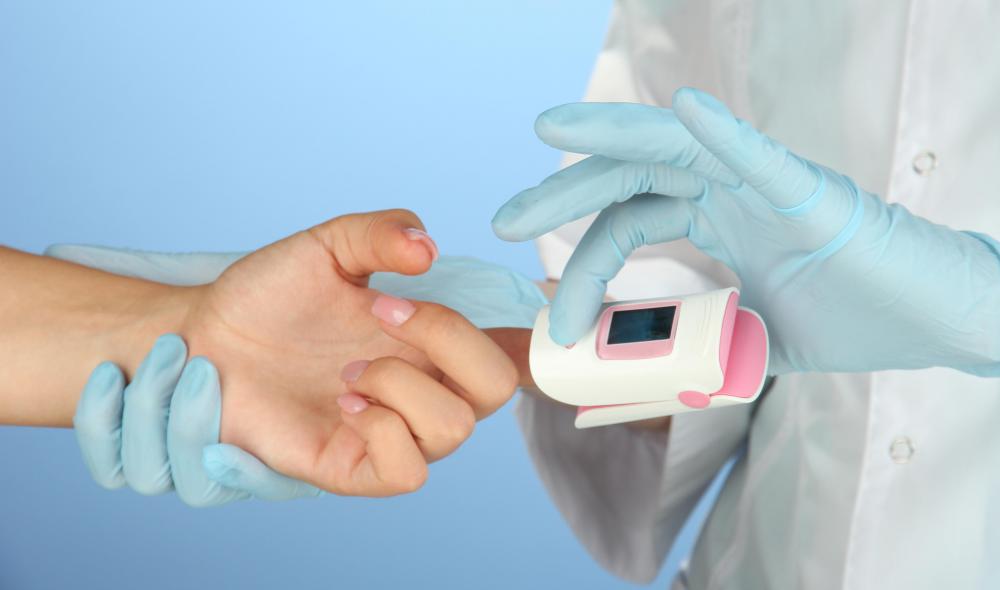At WiseGEEK, we're committed to delivering accurate, trustworthy information. Our expert-authored content is rigorously fact-checked and sourced from credible authorities. Discover how we uphold the highest standards in providing you with reliable knowledge.
What Factors Affect Erythropoietin Levels?
Erythropoietin (EPO) is the main hormone, or catalytic chemical, that regulates the continuous production of red blood cells, the carriers of oxygen to all the tissues of the human body. It is sometimes also called hematopoietin, for the prefix meaning “blood.” In addition to stimulating production, EPO also extends the natural lifespan of existing red blood cells. The two most important, natural metabolic factors affecting erythropoietin levels are corresponding levels of red blood cells or oxygen in the blood stream. However, EPO can be both synthesized and extracted in the laboratory, allowing persons in need or want to elevate their blood levels with medication.
The manufacture of red blood cells is a complex process called erythropoiesis. In a developing fetus, the responsibility lies with the liver organ. When its skeleton has sufficiently formed, its bone marrow takes over the responsibility, while the liver adopts its new responsibility of destroying spent blood cells. EPO is the critical agent in the earliest stages of red blood cell development within the marrow.

Erythropoietin is produced by specialized tissue found mainly in the kidneys and in the liver, the latter which coincidentally, also produces a derivative of the simple sugar glucose that is the fuel burned by muscle tissue. EPO is a glycoprotein, a protein bonded to two or more simple sugars. When blood sugar levels fluctuate, erythropoietin levels may correspondingly fluctuate.

It stands to reason that erythropoietin levels will rise as the human body’s need for either red blood cells or oxygen rises, the latter being believed to be the principal lever determining its normal concentration in blood. Hypoxia, the condition of low oxygen in the blood, which is a normal situation during prolonged, vigorous aerobic activity, triggers the kidney to produce EPO. Chronic kidney disease, and other illnesses which cause anemia, the insufficiency of red blood cells, will seriously affect erythropoietin levels. Other medical situations, such as radiation exposure from cancer therapies may have the same effect.

The hormone is also critically necessary in the steps that lead to blood’s ability to clot and seal wounds, both internal and external. When any part of the human body releases a chemical distress signal of trauma into the blood stream, one of the responses is an elevation of erythropoietin levels. Injury inflicted on nerves triggers this also. Following the blood loss from hospital surgeries and the corresponding drop in erythropoietin levels, some studies recommend administration of EPO-based medications while others studies discourage it due to its role in the promotion of blood to form clots.

Synthetic EPO produced in laboratories are classified as a performance-enhancing drug. Their use, of course, elevates erythropoietin levels, which increases red blood cells, which supplies more oxygen to muscle tissues, which give them greater strength and stamina. Blood and urine tests, however, can potentially detect minute differences from natural EPO, and professional athletes are routinely tested to check for so-called “blood doping.”
AS FEATURED ON:
AS FEATURED ON:

















Discuss this Article
Post your comments